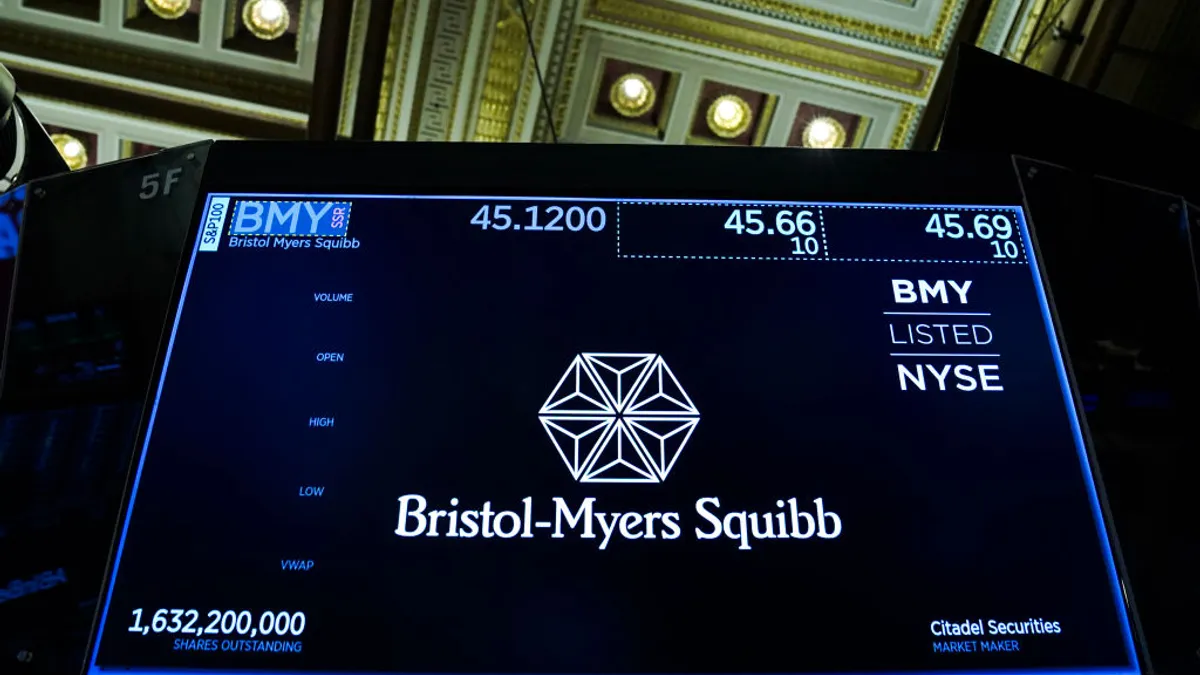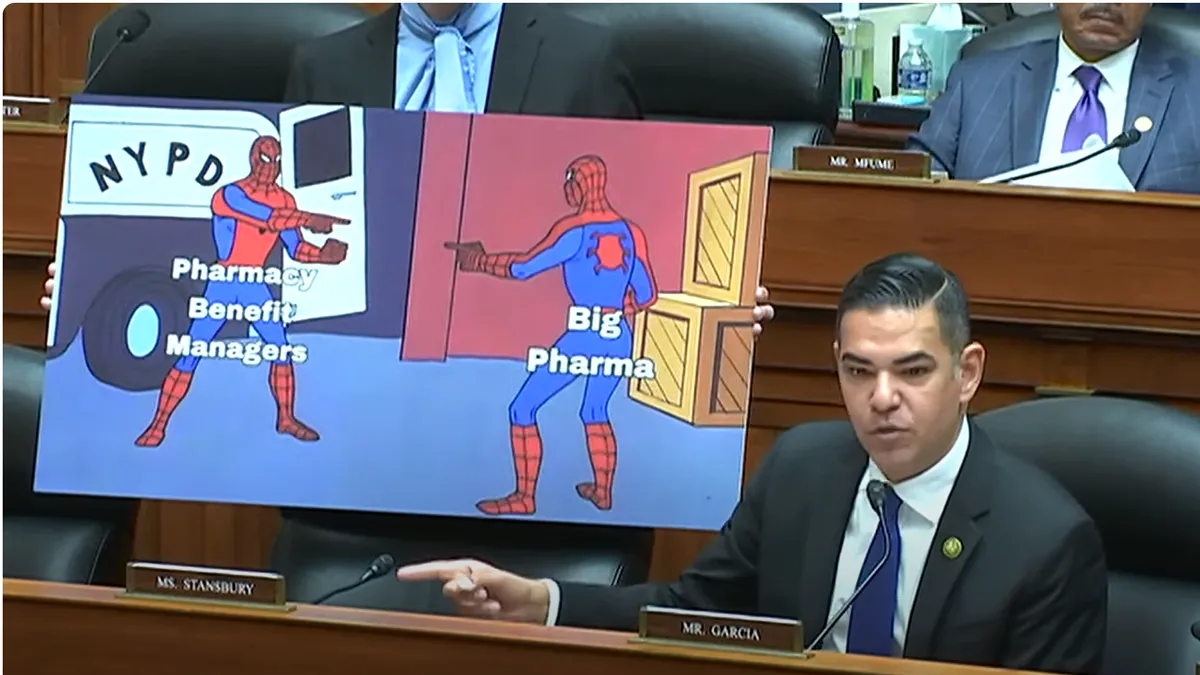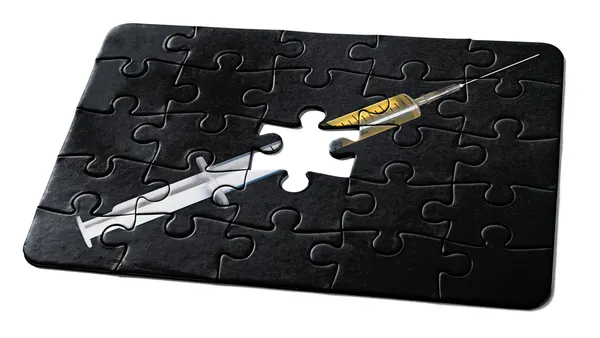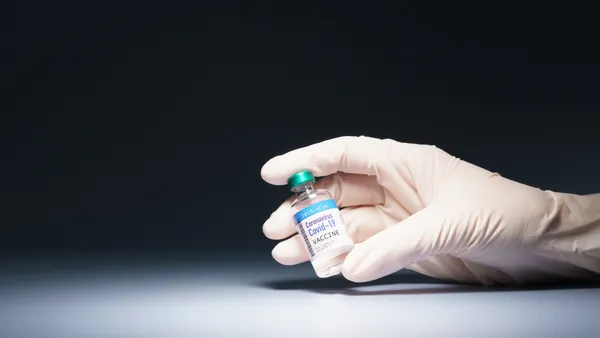Bristol Myers Squibb recently announced a major restructuring plan that will slash $1.5 billion in costs and eliminate 2,200 jobs by the end of next year.
While the pipeline revamp will put some programs on the chopping block, KarXT, a drug with blockbuster potential for schizophrenia and other conditions, sits squarely among the company’s potential growth drivers. And as its Sept. 26 PDUFA date approaches, KarXT just notched another clinical win.
In December, BMS snapped up KarXT, a muscarinic agonist being tested for Alzheimer’s-related psychosis and schizophrenia in its $14 billion acquisition of Boston-based Karuna Therapeutics.
Recent interim long-term data from the 52-week EMERGENT-4 and EMERGENT-5 phase 3 open label trials seems to bode well for the the drug’s safety, tolerability, efficacy — and approval chances — in adults with schizophrenia.
The pooled data showed that more than 75% of patients who finished the trial saw improvements of 30% or more on the Positive and Negative Syndrome Scale, which is used to measure symptom severity. The change was enough to move them from severely or markedly ill to moderately or mildly ill.
KarXT also maintained one of its potential strengths seen in shorter trials — fewer side effects than approved schizophrenia drugs. Current drugs often induce weight gain, metabolic dysfunction and involuntary movements, which helps drive 70% of patients with schizophrenia to abandon treatment within the first 18 months. However, the discontinuation rate among participants in the EMERGENT-4 and EMERGENT-5 trials was 53%, according to the pooled data.
Weight gain, in particular, is more than just a nuisance and can trigger serious health problems such as diabetes or heart disease.
“For people living with schizophrenia, the estimated potential life lost is almost 30 years compared with the general population, which is largely attributed to comorbidities such as heart disease, diabetes and liver disease, brought on by side effects of currently available treatment options,” according to a statement from BMS.
During the KarXT trials, 65% of patients actually lost weight and experienced the same mild to moderate side effects seen in earlier shorter trials, such as digestive issues, headaches or insomnia.
All current treatments for schizophrenia target the dopamine D2 receptor or a combination of dopamine and serotonin. While they are effective for some patients, they don’t work well in others. Fewer than 1% of people worldwide have schizophrenia, but it’s among the top 15 leading causes of disability, creating a dire need for better drug options. Because demand is high, the market for schizophrenia drugs could reach $7.11 billion by 2028.
KarXT has potential competition from other drugs moving through the industry’s pipeline. Most target dopamine and serotonin like the currently approved drugs, but others take aim at new targets including emracladine from Cerevel Therapeutics. Emraclidine, which also targets the muscarinic receptor, could have advantages over KarXT because it’s a once-daily versus twice-daily treatment and may produce fewer stomach-related side effects.
Other new options are Boehringer Ingelheim’s Iclepertin, a selective glycine transporter 1 inhibitor and luvadaxistat, a selective d-amino acid oxidase inhibitor from Neurocrine Biosciences, which blocks an enzyme that can interfere with brain function.
If KarXT gains approval from the FDA in September, it will become the first new type of schizophrenia drug on the market in decades.










